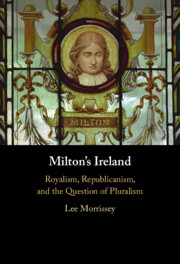The terms creolization and hybridity are neither parallel nor interchangeable. The former cannot be fully understood without taking into account its historical background and geographical context so that creolization is a phenomenon of exchange and transformation that is indispensable to understanding the New World experience. Hybridity, on the other hand, claims to provide a framework for avoiding the binaries of colonialist thinking, enabling agency particularly in postcolonial contexts involving subaltern subjects. Such a reading posits contact and chaos, cultural relativity, exchange and transformation as key tools in a polyvalent system of thought. The resulting nonbinary, archipelagic framework leads to the concept of archipelic rather than continental thought, transcending the universalist presumptions of the either/or and revising and rewriting traditional notions of boundary and location.


